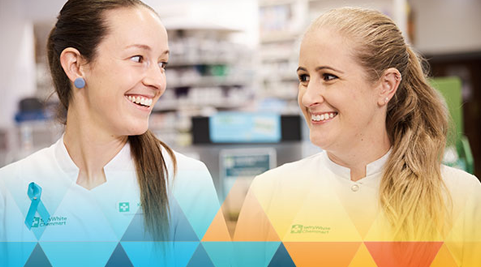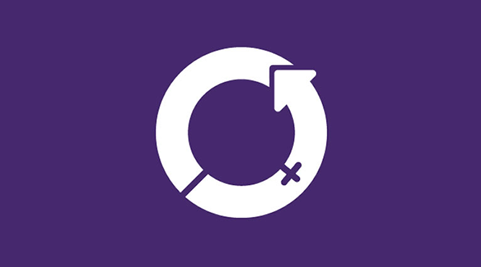Community pharmacies across Australia have seen firsthand the impact of unaffordable medicines for their patients. They have assisted their communities through a global pandemic and understand their health concerns intimately.
The maximum price of Pharmaceutical Benefits Scheme (PBS) listed medicines for non-concession card holders rose again on 1 January 2022 to $42.50, doubling since 2000. This affects more than 19 million Australians, and as the cost of living continues to increase, many are faced with a choice between vital medicines and other essentials.
More than 20 per cent of Australians already describe prescription medicines as being unaffordable, and 900,000 Australians delayed or did not get a script filled in 2019-20 due to cost. As costs continue to rise this problem will only continue to worsen, and millions of Australians will be affected.
Independent research firm Insightfully looked deeper into the matter. The research shows that close to a third (31 per cent) of middle-income households earning between $60,000 and $100,000 who do not have a concession card are struggling to afford PBS medications.
These are people who pay their taxes and work hard to provide for their families. Just because they do not qualify for a concession card does not mean they are on easy street. And women between the ages of 35 and 54 are the hardest hit. These are the forgotten women. We have seen them tear up with anxiety that they will not be able to afford the medications their kids need – or deciding to skip medications for themselves to make ends meet.
PBS medicines which are becoming unaffordable are being used for conditions such as:
- diabetes e.g. insulins, glucagon, Trulicity®, Byetta®, Januvia®, Trajenta®
- asthma or chronic obstructive pulmonary disease (COPD) e.g. Symbicort®, Seretide®, Breo Ellipta®, Spiolto®
- stroke/thrombosis prevention e.g. Xarelto®, Eliquis®, Pradaxa®, Clexane®
- heart failure e.g. nebivolol, Coralan®, Entresto®
- inflammatory bowel diseases such as ulcerative colitis or Crohn’s Disease e.g. Pentasa®, Salofalk®, Salazopyrin®
- smoking cessation e.g. nicotine replacement therapies, Champix®
- ADHD e.g. Ritalin® LA, Concerta®, Vyvanse®
- severe cystic acne e.g. Roacutane®
- schizophrenia e.g. clozapine
- long-acting contraception e.g. Implanon®, Mirena®, Kyleena®
- Parkinson’s Disease e.g. Sinemet® CR, Neupro®, Cabaser®
- Rheumatoid Arthritis e.g. Humira®, Enbrel®
- epilepsy e.g. Zarontin®, Trileptal®, Vimpat®, Briviact®
- anaphylaxis e.g. Epipen®, Anapen®
This is a dangerous trend, as prescribed medications are designed to work together to preserve the health and ultimately save the lives of the patients who need them.
As pharmacists who are very connected to our communities, we know that something must be done to help these people. They need a voice, they need their struggles to be taken seriously. And we are determined to help them in this.
Community pharmacies are taking a stand and will be running a public awareness campaign on medicine affordability over the coming weeks. The multimillion dollar campaign across marginal electorates will feature a mix of traditional, digital and outdoor media advertising as well as editorials and media interviews.
The Pharmacy Guild of Australia believes that medicine affordability matters because none of us should have to choose between the medicines we need and petrol, rent or groceries.
Pharmacists and members of the community are urged to take action to tell Canberra to lower the cost of prescription medicines today. Visit: www.affordablemedicines.com.au


